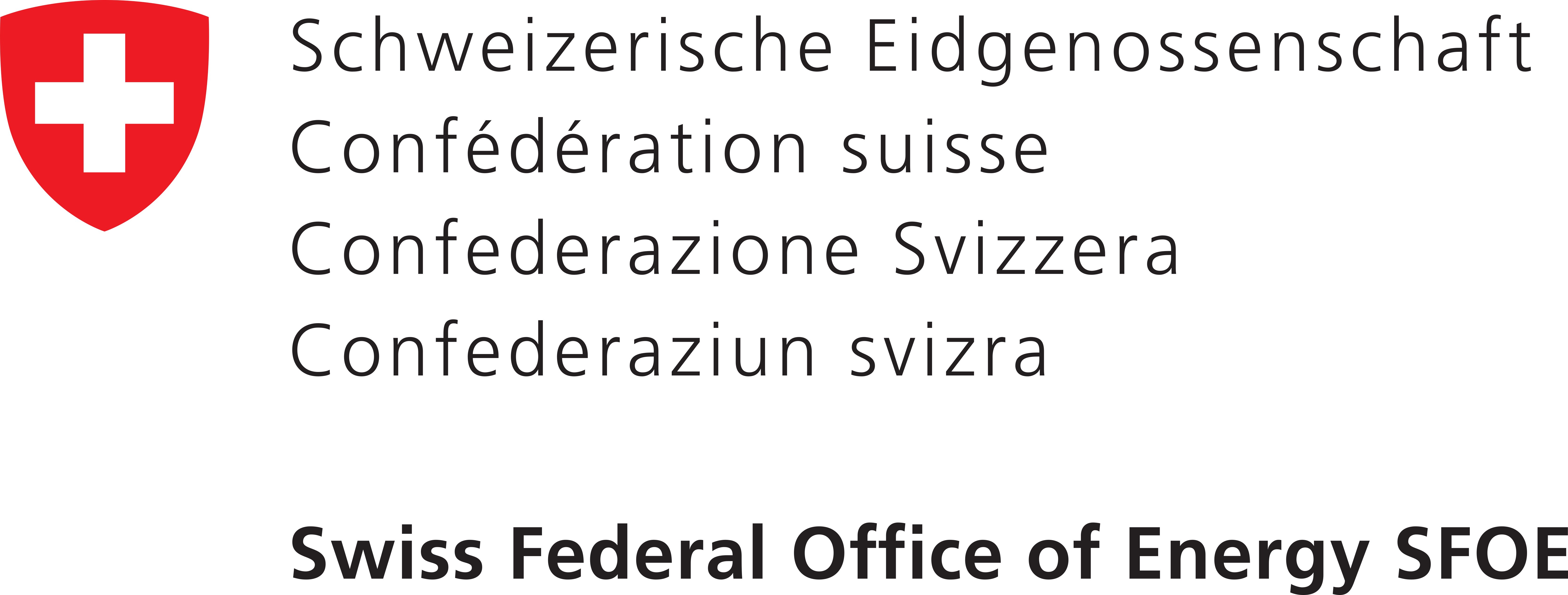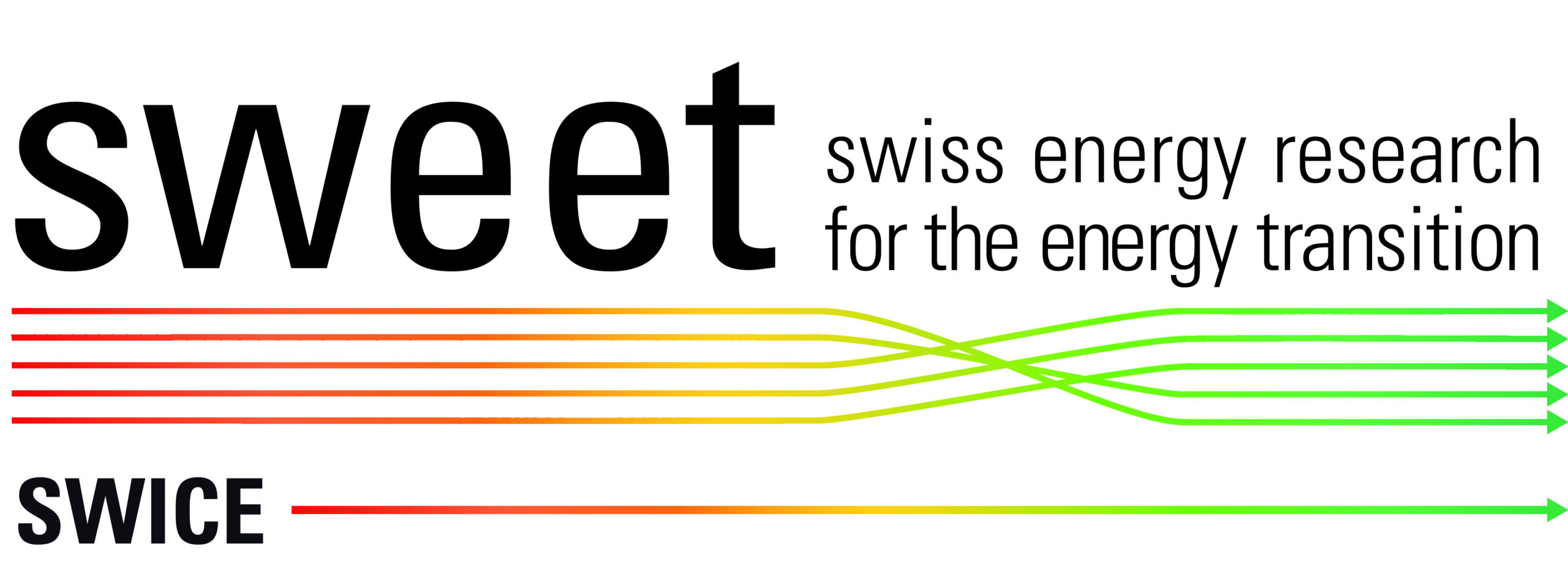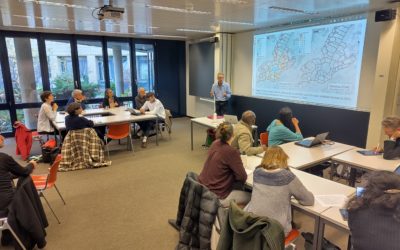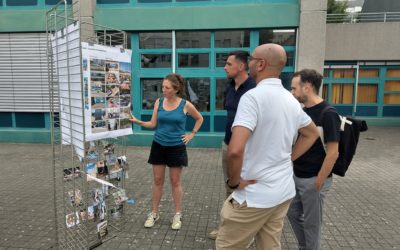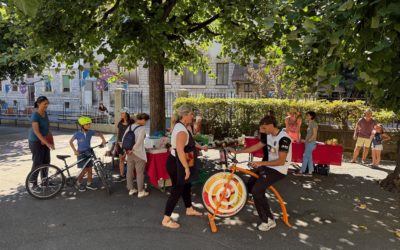
SWICE
Sustainable Wellbeing for the Individual and the Collectivity in the Energy transition

The well-being of people is a crucial component of the energy transition
SWICE researchers study how social, technological and design models that promote sustainability can be implemented into Swiss policy on the energy transition.
An inter- & trans-disciplinary approach
From Geography to Architecture and from Engineering to Economics, the SWICE consortium brings together talented researchers from a wide range of disciplines.
Living Labs and participatory research
SWICE research is implemented through 6 Living Labs. These are co-created with local stakeholders and serve to test and validate our research in a real-life setting.
Representing our Swiss diversity
The SWICE consortium involves 10 Swiss (+ 1 Austrian) higher education institutions, 4 research and consultancy companies, and 19 cooperation partners from the public and private sectors.
Real-world impact: Workshop on the rapid transformation on Swiss housing
The built environment is a major driver of greenhouse gas emissions. The construction phase uses large amounts of carbon-intensive materials, and...
Living Lab Schoenberg: Two weeks to turn a heat island into a cool archipelago
The central square of the Schoenberg neighborhood, in Fribourg, is a textbook example of an urban heat island. It is mostly made of concrete and...
Living Labs Spotlight: La Jonction
Staying cool in a changing climate As heatwaves increase in frequency and severity, SWICE WP5 is focused on two important questions: how do we...
SWICE is a research project sponsored by the Swiss Federal Office of Energy’s SWEET programme (Call 1-2021 “Living and Working) and coordinated by the Ecole Polytechnique Féférale de Lausanne (EPFL). SWEET – “SWiss Energy research for the Energy Transition” – is a funding programme of the Swiss Federal Office of Energy (SFOE) whose purpose is to accelerate innovations that are key to implementing Switzerland’s Energy Strategy 2050 and achieving the country’s climate goals.
